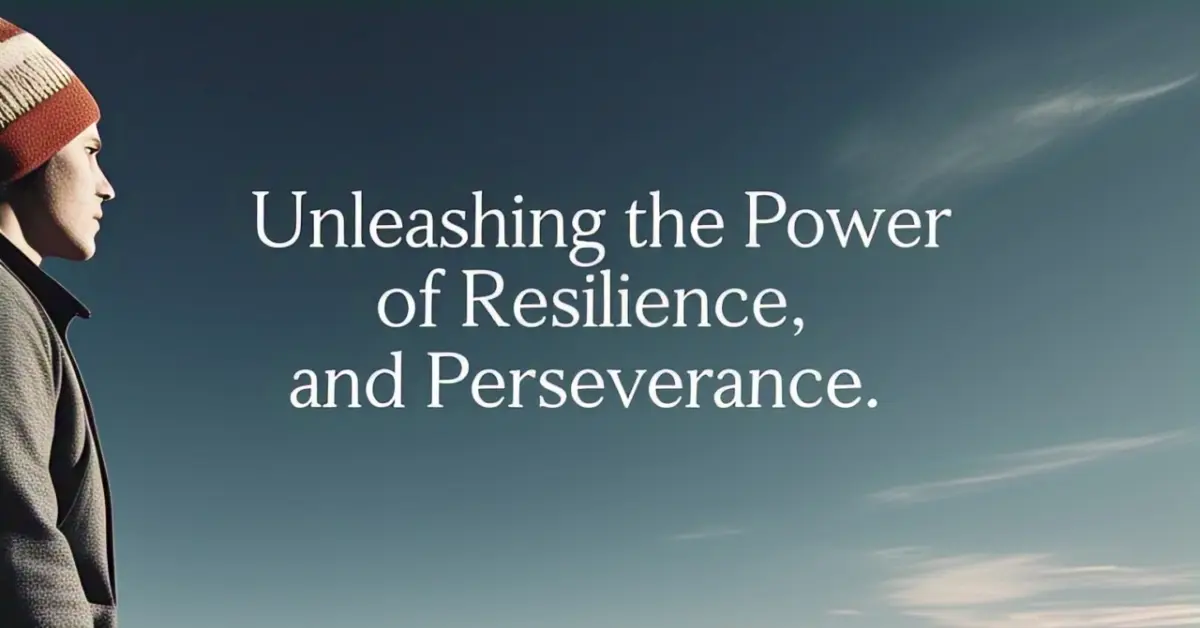Emotional healing is a profound journey that requires compassion, understanding and mindfulness. By cultivating these qualities, we can transform our relationship with ourselves and others, fostering a deeper sense of connection, empathy and inner peace.
The Power of Mindfulness
Mindfulness, a practice rooted in ancient wisdom, offers a potent tool for emotional healing. By being fully present in the moment, we:
- Acknowledge emotions without judgment.
- Develop self-awareness.
- Cultivate compassion.
- Enhance emotional regulation.
- Foster resilience.
Understanding Emotional Pain
- Recognize triggers: Identify sources of emotional distress.
- Acknowledge emotions: Validate feelings without judgment.
- Process emotions: Allow yourself to feel, then release.
- Integrate insights: Apply learned wisdom.
Mindfulness Techniques for Emotional Healing
- Loving-kindness meditation: Cultivate compassion towards yourself and others.
- Body scan meditation: Release tension, promote relaxation.
- Mindful breathing: Calm the mind, soothe the body.
- Walking meditation: Combine movement with awareness.
- Guided visualizations: Imagine healing, peace.
Cultivating Self-Compassion
- Practice self-kindness: Treat yourself with empathy.
- Challenge self-criticism: Reframe negative self-talk.
- Develop self-awareness: Understand your needs, emotions.
- Nurture self-care: Prioritize well-being.
- Foster self-forgiveness: Release guilt, shame.
Compassion in Action
- Active listening: Engage empathetically with others.
- Empathic understanding: See perspectives without judgment.
- Compassionate communication: Express kindness, clarity.
- Support networks: Surround yourself with positivity.
- Volunteering: Cultivate compassion through service.
Overcoming Emotional Obstacles
- Grief: Allow yourself to process, heal.
- Anxiety: Calm the mind, focus on the present.
- Depression: Seek support, practice self-care.
- Trauma: Seek professional guidance.
- Self-doubt: Cultivate self-compassion, reframe negative thoughts.
The Transformative Power of Compassion
- Increased empathy: Deeper connections.
- Improved relationships: Harmonious interactions.
- Enhanced resilience: Coping with adversity.
- Greater self-awareness: Emotional intelligence.
- Spiritual growth: Connection to yourself and others.
Mindfulness and Emotional Intelligence
- Self-awareness: Recognize emotions, thoughts.
- Emotional regulation: Manage emotions skillfully.
- Motivation: Align actions with values.
- Empathy: Understand others’ perspectives.
- Effective communication: Express yourself clearly.
Conclusion
Cultivating compassion through mindfulness offers a profound path to emotional healing. By embracing these practices, you’ll unlock a deeper connection to yourself and others, fostering a life of empathy, understanding and inner peace. Begin your journey today.



